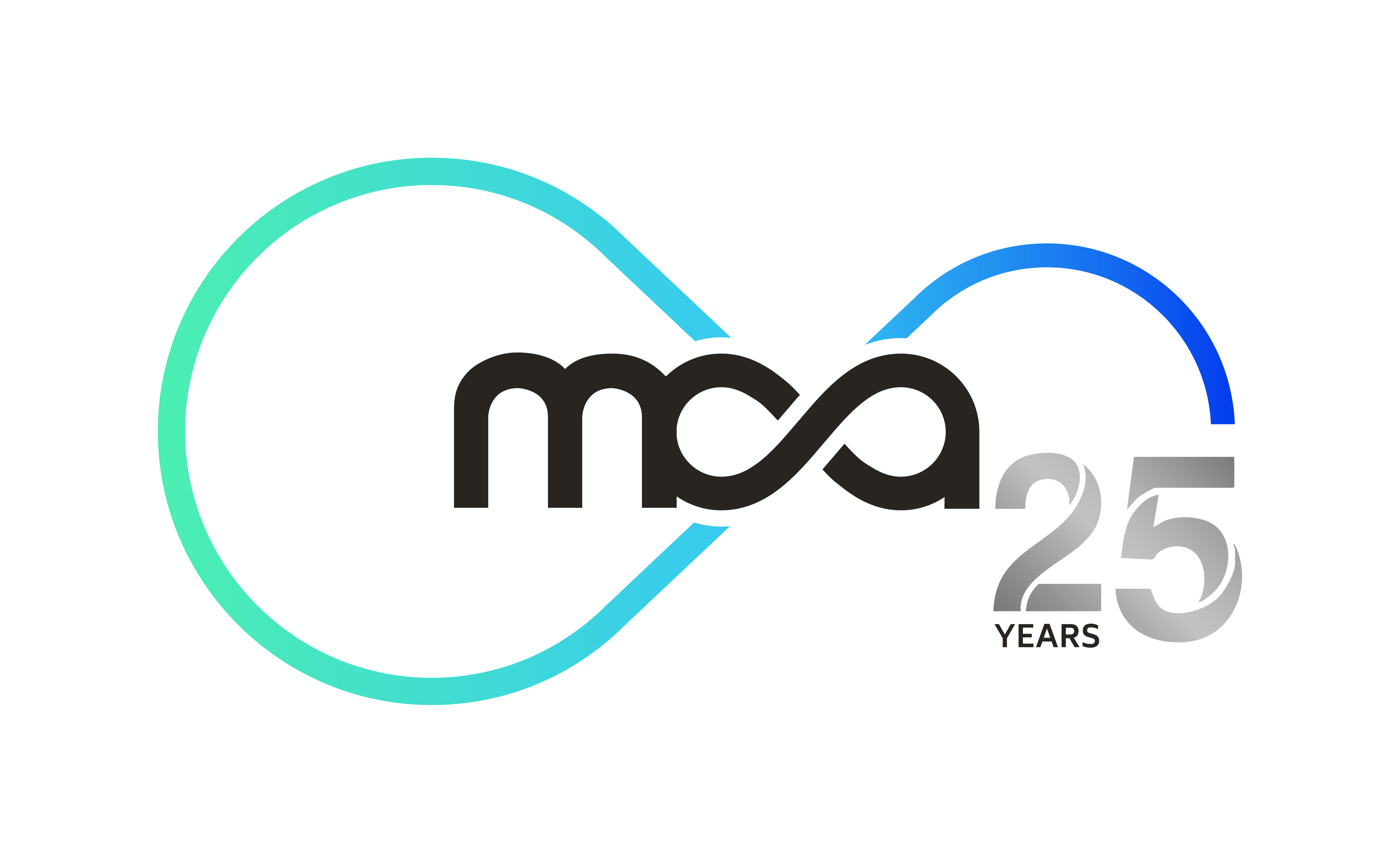The MCA delivers 9500 hours of free ICT training to 4700 individuals as part of PROJECT ENTER
A conference held yesterday afternoon marked the closing of the first chapter of Project ‘ENTER’, through which 4,700 individuals aged between 25 and 64 years of age benefited from a collective 94,000 hours of free training on ICT over the past 17 months. Statistics from this project reveal that 77% of participants were females, while the majority were between the ages of 55 to 64 years.
Project ENTER, budgeted at €445,000 was part-financed by the European Union through the European Social Funds (ESF) and was led by the Malta Communications Authority (MCA) in partnership with eighteen (18) Public and Voluntary organisations. This project offered basic ICT training, free of charge, at two different levels. The first level was aimed at those individuals who had no ICT skills and who wished to develop such competences on a personal level and focused on topics such as the Internet, social networking, communicating online, amongst others. The second focused more on strengthening basic ICT skills and how these can be applied at the workplace and touched upon the use of databases, word, excel and other ICT applications.
The positive outcome of projects such as ENTER has been reflected in the latest Digital Agenda Scoreboard where the number of non-internet users in Malta has decreased by 3% from 28% in 2013 to 25% in 2014.
Commenting on this during his opening address, Dr Edward Woods, Chairman at the MCA said that “Individuals who lack digital skills are at increased risk of digital exclusion, both socially and economically. This is unacceptable in a society that is constantly driven by technological innovation.” “This Authority has contributed heavily on this front by running a number of projects and initiatives, with the aim of ensuring that every individual, whatever their age or social background, has the necessary skills to actively participate in a digital society”, he continued.
On his part, the Hon. Dr Jose Herrera, Parliamentary Secretary for Competitiveness and Economic Growth, commented that “Project ENTER has contributed to Government’s vision of having Malta prosper as a digitally enabled nation by 2020.” “The infrastructure is in place, and the facilities are readily available for public consumption. We must continue to focus our efforts in driving more individuals, of all ages, to harness technology and apply it in their daily activities”, continued Dr Herrera.
Reflecting on the economic benefits of projects such as ENTER, during the closing speech, the Hon. Dr Ian Borg, Parliamentary Secretary for EU funds and 2017 Presidency commented that “This project addresses Government’s policy of targeting investment by providing appropriate and flexible skills. It enables human resources to shift and to expand into new sectors by improving the adaptability potential, hence ensuring better employability”.
Press Release in Maltese
Project ENTER, budgeted at €445,000 was part-financed by the European Union through the European Social Funds (ESF) and was led by the Malta Communications Authority (MCA) in partnership with eighteen (18) Public and Voluntary organisations. This project offered basic ICT training, free of charge, at two different levels. The first level was aimed at those individuals who had no ICT skills and who wished to develop such competences on a personal level and focused on topics such as the Internet, social networking, communicating online, amongst others. The second focused more on strengthening basic ICT skills and how these can be applied at the workplace and touched upon the use of databases, word, excel and other ICT applications.
The positive outcome of projects such as ENTER has been reflected in the latest Digital Agenda Scoreboard where the number of non-internet users in Malta has decreased by 3% from 28% in 2013 to 25% in 2014.
Commenting on this during his opening address, Dr Edward Woods, Chairman at the MCA said that “Individuals who lack digital skills are at increased risk of digital exclusion, both socially and economically. This is unacceptable in a society that is constantly driven by technological innovation.” “This Authority has contributed heavily on this front by running a number of projects and initiatives, with the aim of ensuring that every individual, whatever their age or social background, has the necessary skills to actively participate in a digital society”, he continued.
On his part, the Hon. Dr Jose Herrera, Parliamentary Secretary for Competitiveness and Economic Growth, commented that “Project ENTER has contributed to Government’s vision of having Malta prosper as a digitally enabled nation by 2020.” “The infrastructure is in place, and the facilities are readily available for public consumption. We must continue to focus our efforts in driving more individuals, of all ages, to harness technology and apply it in their daily activities”, continued Dr Herrera.
Reflecting on the economic benefits of projects such as ENTER, during the closing speech, the Hon. Dr Ian Borg, Parliamentary Secretary for EU funds and 2017 Presidency commented that “This project addresses Government’s policy of targeting investment by providing appropriate and flexible skills. It enables human resources to shift and to expand into new sectors by improving the adaptability potential, hence ensuring better employability”.
Press Release in Maltese





